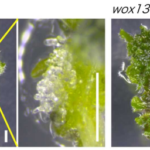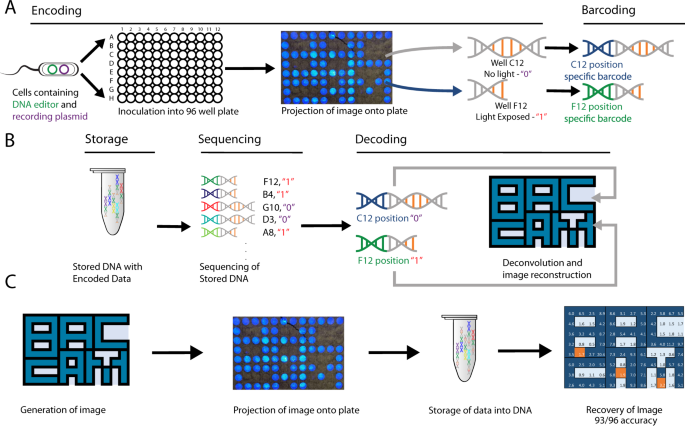2023-07-10 バース大学
◆研究者は約1,500種のランを調査し、地球の気候変化が新種の形成に与える影響を分析した。彼らは約1,000万年前から現れた多くの種が地球の冷却と関連していることを発見し、地球的な冷却がランの種分化において時間よりも700倍も重要であることを示した。また、種分化の速度は初めの種の数には依存しないことも明らかになった。今後は、温暖化が植物の多様性にどのような影響を与えるかを予測する研究が行われる予定である。
<関連情報>
- https://www.bath.ac.uk/announcements/global-cooling-caused-diversity-of-species-in-orchids-confirms-study/
- https://www.pnas.org/doi/full/10.1073/pnas.2102408120
地球寒冷化が陸生ランの種分化を促進した Speciation across the Earth driven by global cooling in terrestrial orchids
Jamie B. Thompson, Katie E. Davis, Harry O. Dodd, Matthew A. Wills, and Nicholas K. Priest
Proceedings of the National Academy of Science Published:July 10, 2023
DOI:https://doi.org/10.1073/pnas.2102408120

Significance
The staggering biodiversity of angiosperms has been difficult to reconcile with the gradual Darwinian process thought to create it. Changes in climate through the Earth’s history could have instigated this diversification, but perceived variability across clades and geography has restrained generalization. In this paper, we reconstruct the evolutionary history of a rich terrestrial orchid subfamily studied by Darwin (Orchidoideae, ~5,000 species) and use >2.5 million georeferenced records to test how and where those orchid species arose. We find that global cooling between the Miocene and present day spurred terrestrial orchid speciation across the Earth. This work resolves orchidoid phylogeny and provides a striking example of how historic climate change drives global patterns of biodiversity.
Abstract
Although climate change has been implicated as a major catalyst of diversification, its effects are thought to be inconsistent and much less pervasive than localized climate or the accumulation of species with time. Focused analyses of highly speciose clades are needed in order to disentangle the consequences of climate change, geography, and time. Here, we show that global cooling shapes the biodiversity of terrestrial orchids. Using a phylogeny of 1,475 species of Orchidoideae, the largest terrestrial orchid subfamily, we find that speciation rate is dependent on historic global cooling, not time, tropical distributions, elevation, variation in chromosome number, or other types of historic climate change. Relative to the gradual accumulation of species with time, models specifying speciation driven by historic global cooling are over 700 times more likely. Evidence ratios estimated for 212 other plant and animal groups reveal that terrestrial orchids represent one of the best-supported cases of temperature-spurred speciation yet reported. Employing >2.5 million georeferenced records, we find that global cooling drove contemporaneous diversification in each of the seven major orchid bioregions of the Earth. With current emphasis on understanding and predicting the immediate impacts of global warming, our study provides a clear case study of the long-term impacts of global climate change on biodiversity.


